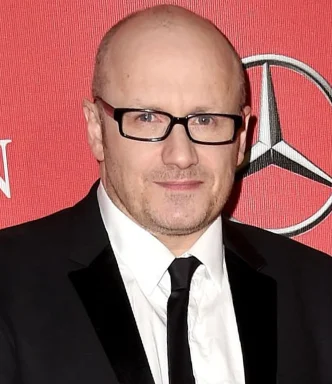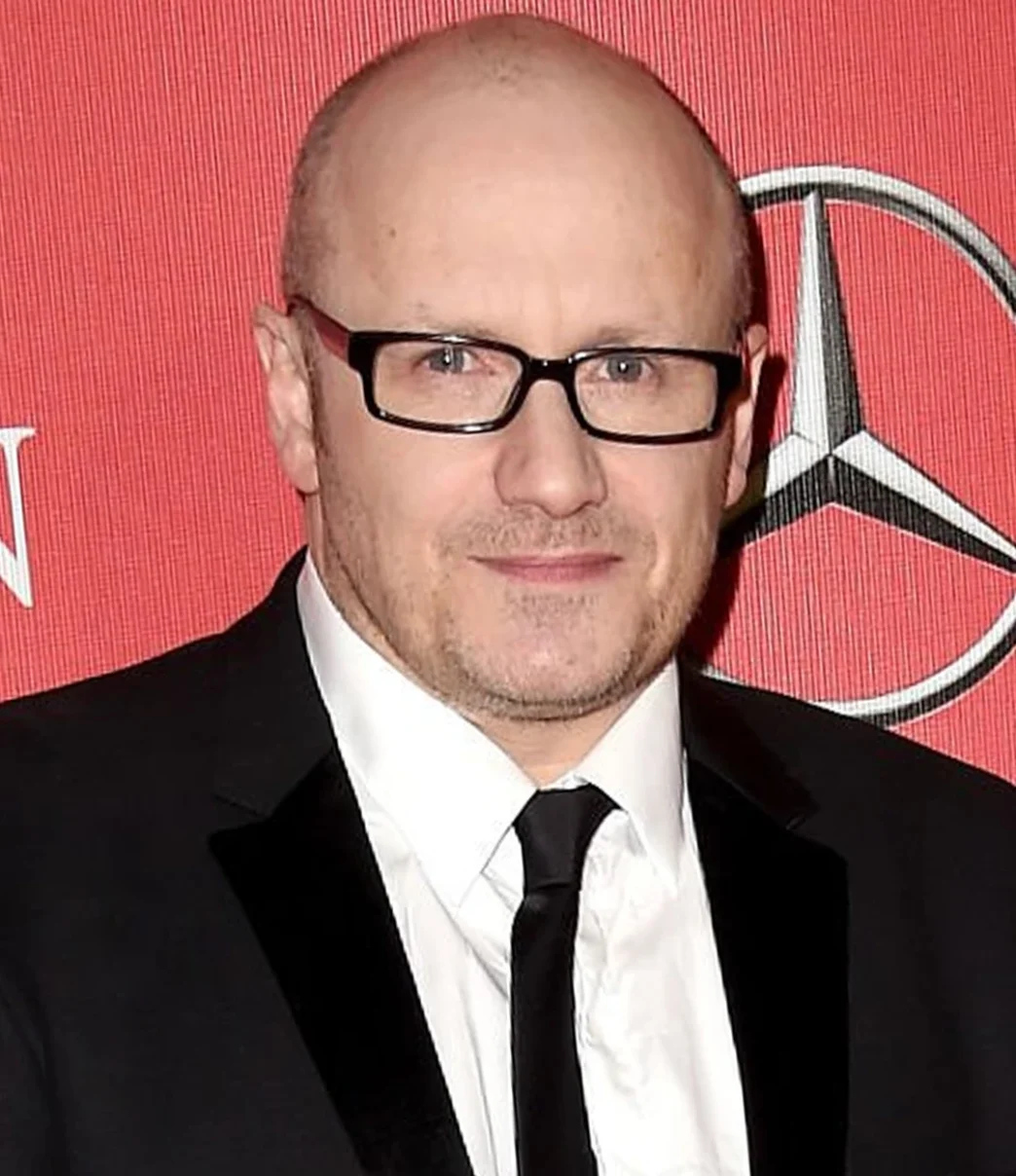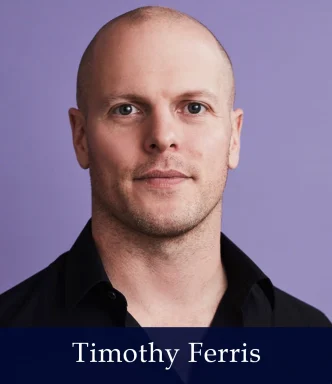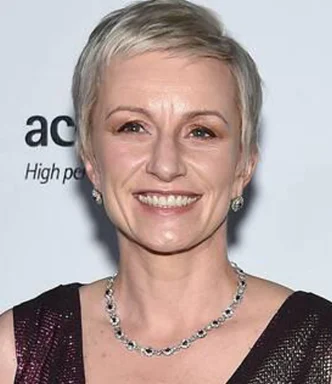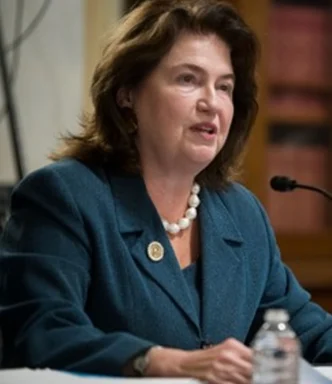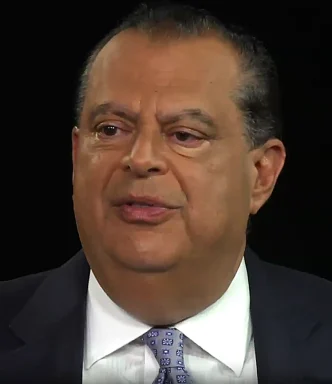Lenny Abrahamson is a renowned Irish filmmaker, born on November 30, 1966. Known for his unique ability to blend humor, absurdity, and depth into films, he has garnered critical acclaim for his distinctive visual style and emotionally charged storytelling. He has directed a variety of films, often focusing on the lives of social outcasts or individuals dealing with personal or ethical challenges.
Early Life and Education
Born in Dublin, Ireland, Abrahamson’s roots trace back to Eastern European Jews who immigrated to Ireland in the early 20th century. He was raised in a Jewish household, attending a cheder (a school for Jewish religious instruction) and having his bar mitzvah at age 13. Growing up as part of a small Jewish community in Ireland, Abrahamson didn’t experience significant anti-Semitism, recalling only minor instances. His family environment emphasized intellectual pursuits, particularly reading and watching films, which would later influence his directorial vision.
His first significant exposure to cinema came from watching the works of directors like Jim Jarmusch, Ingmar Bergman, Michelangelo Antonioni, and Federico Fellini. Their films showed Abrahamson that cinema could carry the intellectual richness he found in literature. Abrahamson pursued higher education at Trinity College Dublin, initially studying theoretical physics but later switching to philosophy. After making his first short films, including the award-winning Three Joes (1991), Abrahamson briefly attended Stanford University for a Ph.D. in philosophy before leaving to pursue his filmmaking career full-time.
Breakthrough
Abrahamson’s breakthrough came with his first feature film Adam & Paul (2004), a bleak yet humorous take on the lives of two drug addicts wandering through Dublin. The film was well received, marking the beginning of his journey into exploring themes of isolation, existential dread, and the complexities of human relationships. His next feature, Garage (2007), solidified his reputation as a serious filmmaker, winning awards at the Cannes Film Festival and the Toronto International Film Festival. With his distinctive voice, Abrahamson began gaining international recognition.
Notable Works and Achievements
His third feature, What Richard Did (2012), shifted his focus from outcasts to privilege, telling the story of a morally complex young man dealing with the consequences of his actions. However, it was his 2014 film Frank that broadened his international reach. Starring Michael Fassbender, Frank followed the story of an eccentric band leader who wears a giant papier-mâché head. The film explored fame, artistic expression, and personal identity.
The pinnacle of Abrahamson’s career came in 2015 with Room. Based on Emma Donoghue’s novel, the film told the harrowing story of a woman and her young son held captive in a small room. Room was met with universal acclaim and earned Abrahamson a nomination for Best Director at the Academy Awards, making him a globally recognized filmmaker.
After the success of Room, Abrahamson continued to work on critically acclaimed projects. In 2018, he directed the historical drama The Little Stranger, based on the novel by Sarah Waters. The film, a gothic mystery set in post-World War II England, was praised for its atmospheric storytelling, though it received a more divided critical response compared to his previous works.
Abrahamson also made a significant contribution to television with the 2020 series Normal People, adapted from Sally Rooney’s bestselling novel. The series, co-directed by Abrahamson, became a cultural phenomenon and received widespread acclaim for its sensitive portrayal of young love, intimacy, and emotional complexity. It was nominated for several prestigious awards, including the Primetime Emmy Awards, further cementing Abrahamson’s status as a versatile director capable of excelling in both film and television.
In addition to Normal People, Abrahamson continued collaborating with Rooney for the 2022 adaptation of her follow-up novel, Conversations with Friends. This series also garnered attention for its thoughtful exploration of relationships and emotional depth, though it didn’t achieve the same level of cultural impact as Normal People.
Movies and Television List
- Adam & Paul(2004)
- Garage(2007)
- What Richard Did(2012)
- Frank(2014)
- Room(2015)
- The Little Stranger(2018)
- Normal People(2020)
- Conversations with Friends(2022)
Personal Life and Family
Lenny Abrahamson is married to Monika Pamula, a film scholar. Together, they have two children. Despite his demanding career, Abrahamson maintains a family-oriented life. He often reflects on the impact his upbringing and family background had on his intellectual and creative pursuits.
Hobbies and Other Interests
Apart from filmmaking, Abrahamson has a strong intellectual curiosity, which led him to study physics and philosophy. His interests also include literature, which has influenced the thematic depth of his films. He enjoys exploring complex philosophical ideas, particularly those related to human existence, ethics, and relationships, which he often incorporates into his work.
Honors and Awards
Throughout his career, Abrahamson has received numerous awards and accolades:
- International Confederation of Art Cinemas (CICAE) Prize for Garage (2007)
- Best Film at the Toronto International Film Festival for Garage (2007)
- Academy Award nomination for Best Director for Room (2015)
- Numerous other nominations, including BAFTA and Satellite Awards
- Emmy nominations for Normal People (2020)
Trivia
- Lenny Abrahamson left a prestigious Ph.D. program at Stanford University to pursue his passion for filmmaking.
- His distinctive visual style and thematic depth have often been compared to those of independent directors like Jim Jarmusch and European auteurs such as Bergman and Fellini.
- He wrote a detailed letter to Emma Donoghue, the author of Room, which convinced her to allow him to direct the film adaptation of her novel.
Who Is Timothy Ferris?
Timothy Ferris is an acclaimed American science writer and journalist, born on August 29, 1944, in Miami, Florida. He is renowned for making complex scientific topics, particularly in astronomy and cosmology, accessible to the general public. Despite a modest academic background in science—having taken only one science course in college—Ferris built a successful career through sheer curiosity and writing talent. His works are celebrated for their clarity, lyricism, and ability to explain the mysteries of the universe.
Early Life and Education
Ferris was born to Thomas A. Ferris, a publicist, and Jean Baird, a literary critic. His fascination with science, especially astronomy, was sparked in early childhood. At the age of five, a book about the origins of the Earth astonished him, and by age twelve, his parents gifted him a telescope, allowing him to observe Mars for the first time. However, Ferris never considered a career as a scientist; he always saw himself as a writer, following in his father’s footsteps.
Ferris attended Northwestern University, earning a Bachelor of Arts degree in 1966. He briefly enrolled in law school but left, disliking the program. After leaving law school, he moved to New York City and began working as a reporter.
Breakthrough
Ferris’s breakthrough came in the mid-1970s when his interest in science revived through journalism. He covered the Viking landing on Mars in 1976 and contributed to the NASA Voyager Interstellar Mission, where he served as the producer of the famous “Golden Record,” a message to potential extraterrestrial civilizations. His first book, The Red Limit: The Search for the Edge of the Universe (1977), brought him considerable recognition for its exploration of modern astronomy. Ferris’s ability to narrate the stories of scientific discovery with engaging prose distinguished him from other science writers.
Notable Works and Achievements
Ferris is the author of several highly regarded books on cosmology and astronomy, including:
- The Red Limit: The Search for the Edge of the Universe (1977)
- Galaxies (1980)
- Coming of Age in the Milky Way (1988)
- The Mind’s Sky: Human Intelligence in a Cosmic Context (1992)
- The Whole Shebang: A State-of-the-Universe(s) Report (1997)
- Life Beyond Earth (2001)
Coming of Age in the Milky Way was particularly notable, earning Ferris a Pulitzer Prize nomination and his second American Institute of Physics Prize. His books often explore the history of space exploration, the evolution of the universe, and humanity’s place within it.
Ferris also ventured into television, writing and narrating the PBS special The Creation of the Universe in 1985, which earned him an Emmy nomination. His contributions to public understanding of science have earned him numerous accolades, including a Guggenheim Fellowship.
Personal Life and Family
Timothy Ferris lives in San Francisco and maintains a keen interest in stargazing. He spends moonless nights at the Rocky Hill Observatory, which he designed in Sonoma County, California. Ferris has taught at various universities, including Brooklyn College and the University of Southern California. He is a professor emeritus at the University of California, Berkeley. He has been married to Kathryn Bouskill, a researcher and anthropologist, with whom he shares his passion for knowledge and exploration.
Trivia
- Despite his fame as a science writer, Ferris performed poorly in his only college science course.
- Ferris produced the “Golden Record” for NASA’s Voyager mission, a time capsule designed for extraterrestrial civilizations.
- He is a versatile educator, having taught five separate disciplines at four different universities.
- Ferris was nominated for a Pulitzer Prize for Coming of Age in the Milky Way and has been recognized as one of the best science communicators of his time.
This biography highlights Ferris’s unique journey from an aspiring fiction writer to a highly respected figure in science communication. His works continue to inspire readers with curiosity about the universe.
